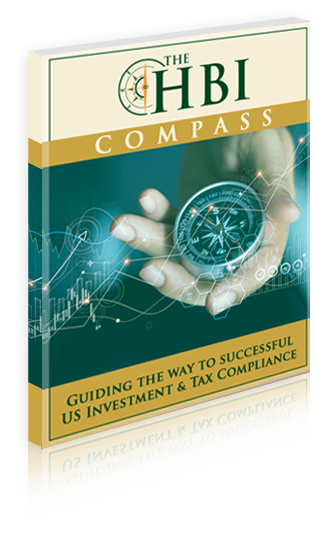Our dependency on technology and the increasing interconnectedness of our world have undoubtedly brought about many conveniences and advancements. However, with these advancements also come new threats and risks. One of these threats is tax identity theft.

June 15 Filing Deadline for Non-Residents: What You Need to Know
If you’re a non-resident earning income from U.S. sources, an important date is fast approaching. The June 15 filing deadline for non-residents is your opportunity


